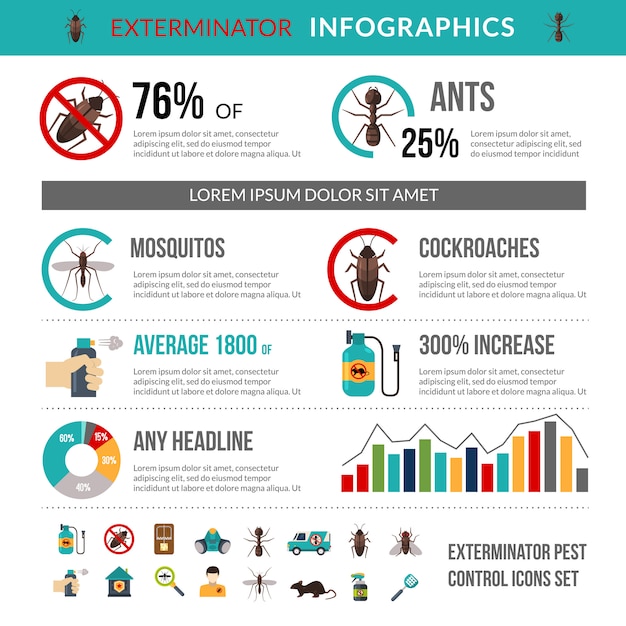Pest-Proofing Your Garden: Tips For Keeping Exterior Pests At Bay
Pest-Proofing Your Garden: Tips For Keeping Exterior Pests At Bay
Blog Article
Content By-Gupta Espersen
Picture your garden as a haven, a place of tranquility and beauty. Nonetheless, the existence of exterior bugs can quickly disrupt this idyllic picture. What happens if there were basic yet reliable means to maintain these unwanted visitors at bay and safeguard your yard sanctuary? By following a few practical suggestions and carrying out all-natural techniques, you can produce an unified exterior room where your plants can thrive undisturbed.
Natural Pest Deterrents
To maintain bugs away from your yard naturally, plant fragrant herbs like mint and lavender. These aromatic plants not only add elegance to your yard but also act as efficient insect deterrents. Insects like mosquitoes, flies, and even some garden-damaging pests are repelled by the solid fragrances sent out by these herbs. Just positioning them purposefully around your yard can help create an all-natural barrier against unwanted parasites.
Along with mint and lavender, consider growing other natural herbs like rosemary, basil, and lemongrass to additionally enhance your yard's pest-proofing capacities. These natural herbs not just act as natural repellents yet also have actually the included benefit of being useful in food preparation or crafting self-made solutions.
Strategic Plant Positioning
Consider the design of your garden and the sorts of plants you have to tactically position them for maximum pest-proofing performance.
Begin by grouping plants with similar resistance to bugs with each other. By doing this, you can develop an all-natural barrier that discourages insects from spreading throughout your yard.
In addition, positioning pest-repelling plants like marigolds, lavender, or mint near even more susceptible plants can assist safeguard them. Tall plants, such as sunflowers or corn, can serve as a guard for much shorter plants against parasites like bunnies or ground-dwelling pests.
Bear in mind to leave sufficient space between plants to enhance air circulation and lower the danger of illness that pests might carry.
Furthermore, take into consideration growing strong-smelling natural herbs like rosemary or basil near vulnerable plants to perplex bugs' detects and make it harder for them to situate their targets.
Effective Pest Control Approaches
For combating yard insects effectively, applying a multi-faceted parasite control strategy is crucial. Begin by urging natural killers like birds, ladybugs, and praying mantises to help maintain pest populations in check. Introducing plants that draw in these advantageous bugs can aid in pest control. Additionally, practicing good yard hygiene by removing debris and weeds where parasites might conceal can make your yard less friendly to undesirable site visitors.
Think about utilizing physical barriers such as row cover fabrics or netting to secure prone plants from parasites like caterpillars and birds. Applying best ant and roach killer like neem oil or insecticidal soap can also work versus particular bugs while being less damaging to beneficial insects and the setting. visit this link to rotate your plants each season to stop the buildup of insect populations that target particular plants.
Consistently examine your plants for indications of bug damages so you can act promptly. By combining these methods and remaining cautious, you can effectively control yard parasites and appreciate a growing, pest-free garden.
Conclusion
So, there you have it - with the appropriate approaches, you can maintain pesky exterior bugs away from your yard and assist your plants grow.
Did you know that growing mint has been shown to repel insects and various other bugs, lowering the need for damaging chemicals by up to 60%?
By including natural deterrents and wise planting strategies, you can develop a lovely and pest-resistant yard sanctuary for you to take pleasure in.
